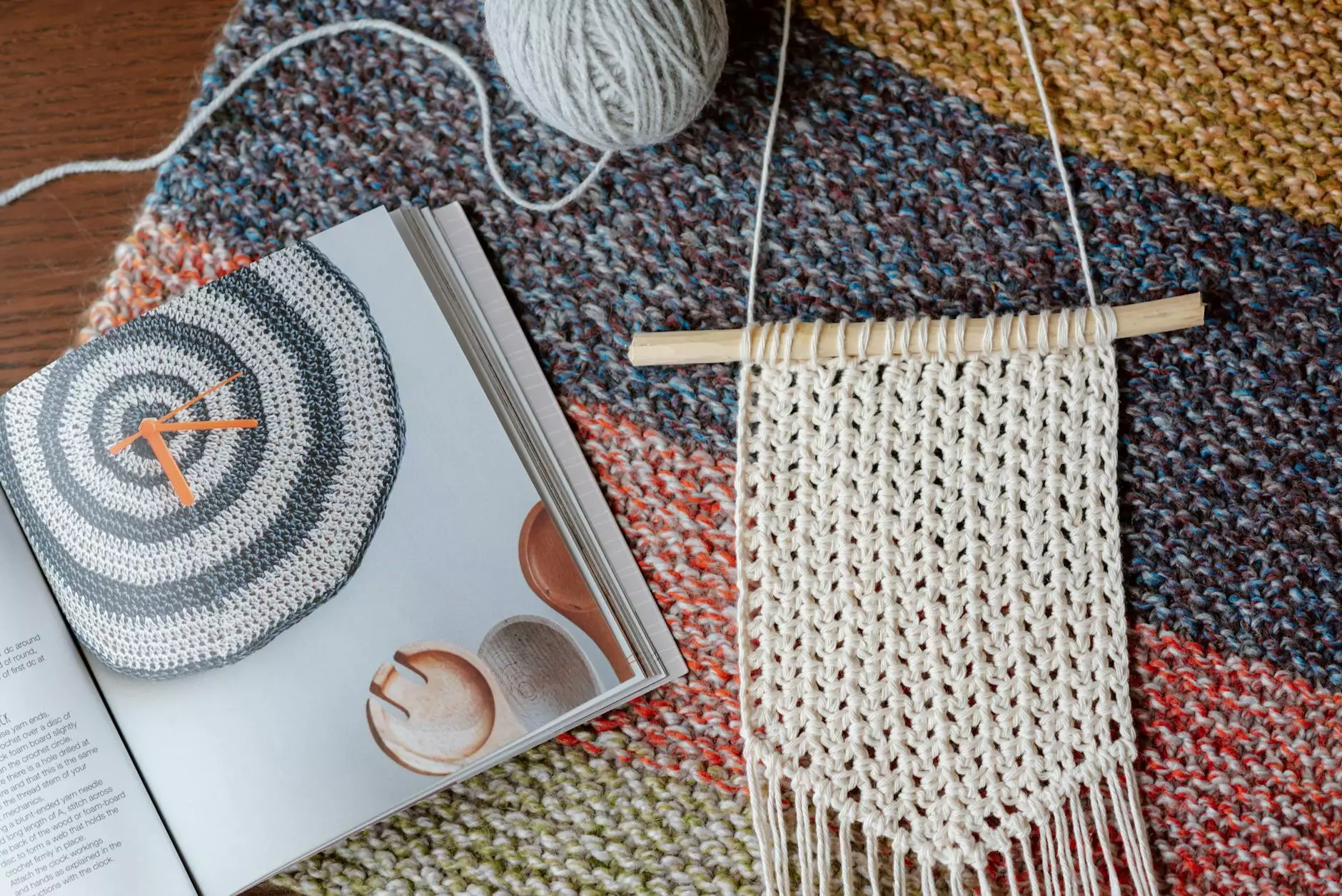The Benefits of Singing to Your Baby
Health
Welcome to Ageless Wisdom Magazine, your go-to source for insightful information on various aspects of lifestyle. In this article, we explore the incredible benefits of singing to your baby. Singing to your little one is not only an enjoyable activity, but it also has a multitude of positive effects on their overall development and the parent-child relationship.
Bonding through Melodies
Singing to your baby is a beautiful way to strengthen the bond between parent and child. The sound of your voice, combined with gentle melodies, creates a soothing and comforting environment for your little one. Through singing, you establish a deeper connection, promoting trust and security. The close physical proximity during singing also enhances your baby’s sense of attachment.
Language Development
Singing plays a crucial role in language development. Babies are fascinated by the rhythm and melody of songs. Exposing them to a variety of nursery rhymes, lullabies, and children's songs helps cultivate their linguistic skills from an early age. The repetitive nature of many songs aids in understanding patterns, rhythm, and speech patterns, laying the foundation for language acquisition.
Cognitive Enhancement
The benefits of singing extend beyond language development. It also enhances cognitive abilities in babies. When exposed to music, a baby's brain is stimulated, supporting the growth of neural pathways. These neural connections facilitate memory, problem-solving, and creativity. Singing also helps babies develop auditory discrimination and recognition skills, making it easier for them to identify different sounds and pitches.
Emotional Regulation
Singing has a profound impact on a baby's emotional well-being. Lullabies and gentle tunes have a calming effect, helping to soothe and comfort babies, particularly during bedtime or times of distress. The familiarity of a favorite song can provide a sense of security and act as a reliable source of emotional regulation. Singing can help babies transition from one mood to another, promoting a positive atmosphere and reducing anxiety.
Gross Motor Skills
Encouraging your baby to move and dance to music helps develop their gross motor skills. As they try to imitate your movements or respond to the rhythm of the music, they strengthen their muscles and improve coordination. Simple actions like clapping, swaying, or tapping their feet provide excellent opportunities for physical development while having fun.
Social Interaction
Singing is often associated with social activities, and it can foster social interaction in babies as well. Participating in group singing sessions, such as parent-and-child music classes, exposes babies to the presence of other children and adults. This exposure helps enhance their social skills, teaches them to take turns, and boosts their confidence in group settings. Singing together also promotes a sense of belonging and community.
Creating a Musical Environment
Integrating songs and music into your baby's daily routine creates a rich and stimulating environment. Whether it's during playtime, mealtime, or bath time, incorporating music adds an extra layer of engagement to their experiences. You can introduce a wide range of genres and instruments to broaden their musical horizons and encourage exploration.
Conclusion
There you have it! Singing to your baby offers a multitude of benefits that encompass their cognitive, emotional, linguistic, and physical development. Ageless Wisdom Magazine believes in the power of music and its transformative impact on both parent and child. We hope this article has shed light on the importance of incorporating singing into your baby's life. Start creating beautiful memories through melodies and witness the remarkable growth and connection between you and your little one. Connect with us for more lifestyle insights and helpful resources.




